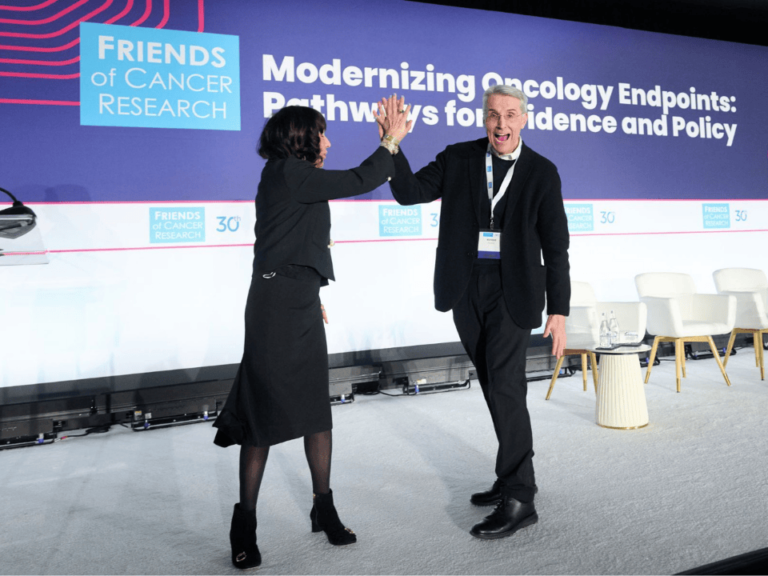A meta-analysis of 25 studies—totaling over 5,000 participants—focused on a question that has been troubling patients, physicians, and regulators: Does treatment with CAR T-cell therapy contribute to the development of secondary cancers?
To access this subscriber-only content please log in or subscribe.
If your institution has a site license, log in with IP-login or register for a sponsored account.*
*Not all site licenses are enrolled in sponsored accounts.
Login Subscribe
If your institution has a site license, log in with IP-login or register for a sponsored account.*
*Not all site licenses are enrolled in sponsored accounts.
Login Subscribe







